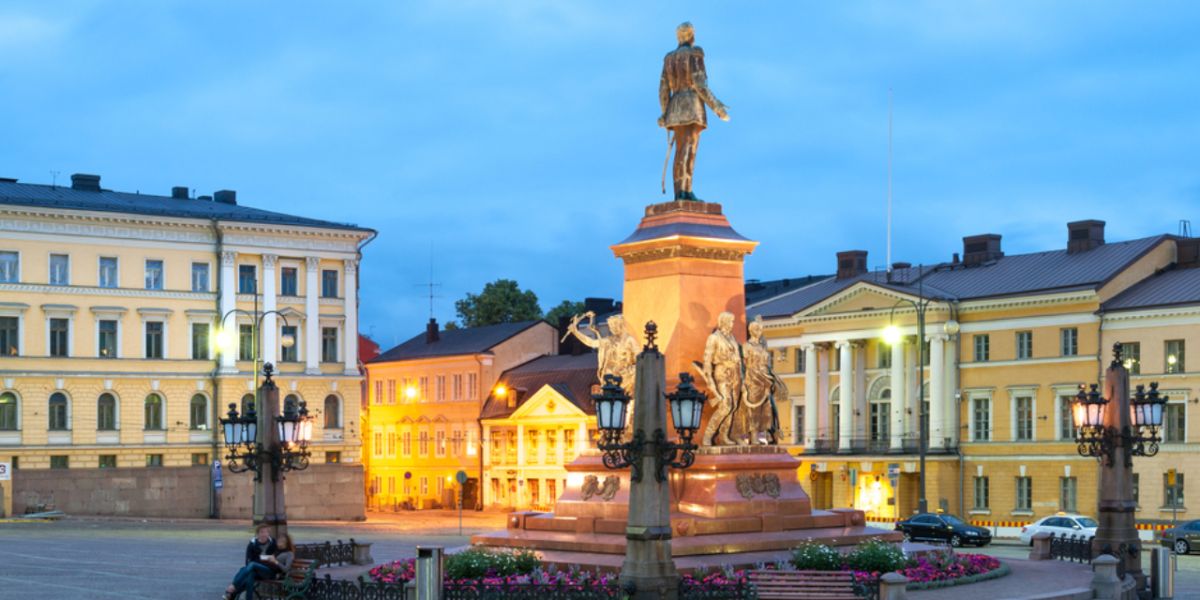
If you're an international student in Finland, chances are you'll be pleased with the education available. Finland's higher education system (touted as 'the best in the world' in 2016) offers great international connections, academic freedom and prestigious universities, 5 of which have been ranked among the world's best. Add that to the fact that you can choose between over 400 full-degree programmes that are available in English, and you can easily understand why Finland is such an attractive destination for students.
Do you need a visa or permit?
If you come from a Nordic country, you do not need a residence permit to study in Finland. Just make sure to register at the Local Register Office within a week of your move (consult our section about Visas for more information). If you're an EU citizen, you'll need to register your right of residence. To do that, you'll need a valid passport or ID, an EU registration form, a certificate proving that you are indeed a student in a Finnish educational institution, some proof that you have health insurance (like the European Health Insurance Card) and proof that you can support yourself financially.
If you're not an EU or Nordic citizen, you need to apply for a residence permit, and as is the case with non-EU job seekers, you must find a study place in Finland before you can apply for the permit. The application can be done online through the Enter Finland service and it costs 450 euros. To get the permit you need to prove that:
- you have been accepted at a Finnish institute of higher education;
- your studies will lead to an occupation, vocation or degree, or that you will be arriving as an exchange student/to gain further education relating to your degree;
- you have adequate funds to support yourself (about â¬560 per month); and
- you have health insurance.
Educational system, institutions, and fees
The Finnish higher education system consists of universities (a total of 14) and universities of applied sciences (a total of 23). Universities offer Bachelor's and Master's degrees and academic, artistic and third-cycle postgraduate degrees (Doctorates and Licentiate's degrees) whereas universities of applied sciences provide only Bachelor's and Master's degrees. Higher education institutions can also provide professional specialisation studies, open studies or other types of separate studies, and continuous education.
All international students are required to independently cover everyday living expenses such as food, accommodation, travel, insurance, etc.. If you're not an EU or Nordic citizen and your studies are in English, you'll also have to pay tuition fees in Bachelor's or Master's degree programmes, although tuition fees are not charged in Doctoral studies (or in courses taught in Finnish or in Swedish). Currently the annual tuition fees for English-taught studies can be anything between 4.000 and 20.000 euros, so, to check out exactly how much it will cost in your case, you should contact the University you're interested in studying with. Of course, you could also apply for a scholarship, based on your academic performance.
How to apply/ enrol
For English-taught higher education studies, you can apply online through the Study in Finland portal. You can browse the list of Universities and the list of Universities of Applied Sciences and check the specific entry requirements at the institution that interests you. You can only apply during certain application periods, so make sure to check the deadlines for the degree programme you wish to apply to. As a general rule, the main application period for Bachelor's Degrees is in January for studies commencing in autumn, and early December to mid/late January for Master's Degrees.
Useful link:
We do our best to provide accurate and up to date information. However, if you have noticed any inaccuracies in this article, please let us know in the comments section below.








